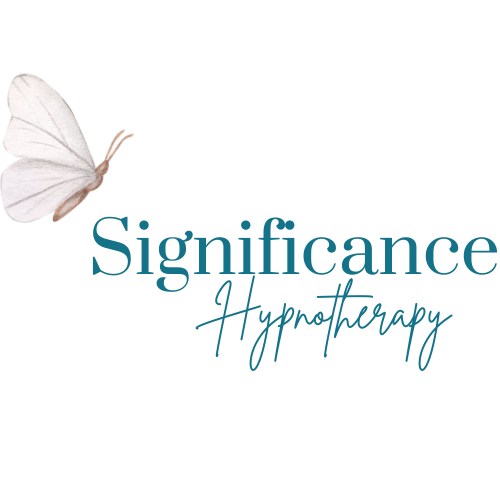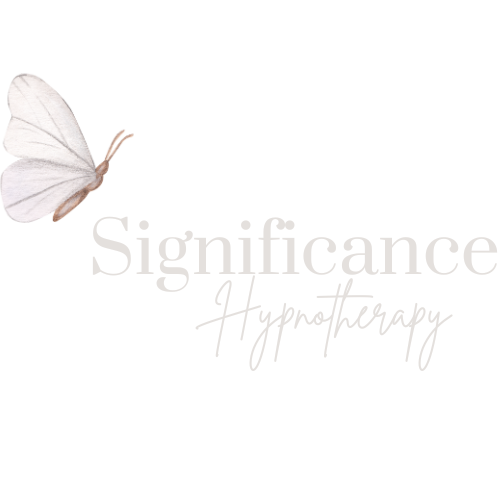Calm Connections: ADHD Hypnosis for Attention
This engaging hypnosis recording draws inspiration from Dr. Gabor Maté's insightful book, "Scattered: How Attention Deficit Disorder Originates and What You Can Do About It." Dr. Maté navigates the complexities of ADHD (Attention Deficit Hyperactivity Disorder) with a fresh perspective that transcends conventional medical views. His holistic approach connects ADHD to early childhood development, emotional stress, and the nurturing environment.
Maté beautifully illustrates that ADHD isn't just a biological flaw but a nuanced response to early emotional challenges and unmet needs for connection. He highlights that a child's brain thrives in an environment of emotional attunement with caregivers. When this bond falters, it can lead to difficulties with attention, impulsivity, and emotional regulation.
Rather than defining individuals with ADHD as deficient, Maté inspires us to embrace a journey of understanding, connection, and healing through compassionate parenting, emotional support, and self-awareness.
This hypnosis recording is a valuable resource for anyone on the path to healing from trauma, navigating dysfunctional family dynamics, or experiencing the lingering effects of unattuned caregiving. It's also an excellent tool for those with ADHD or those curious about their attention challenges.
Hypnosis can be a valuable complementary tool for managing ADHD. It shows promise in enhancing various aspects such as focus, impulsivity, emotional regulation, motivation, and self-esteem by accessing the subconscious mind.
One of the key elements of hypnosis relates to its neurological basis for attention and control. Research indicates that there is an overlap between the brain regions activated during hypnosis and those tied to executive functioning and attention, particularly the prefrontal cortex. In a controlled task study known as the Continuous Performance Test, adults with ADHD demonstrated significantly quicker reaction times after receiving hypnotic suggestions aimed at improving both speed and accuracy.
Moreover, hypnosis facilitates improved focus and task stability by inducing a deeply relaxed yet highly attentive state. This state helps calm racing thoughts and alleviate sensory overwhelm, which are common challenges faced by individuals with ADHD. Techniques such as visualization, task rehearsal, anchoring attention, and repeated affirmations can help forge new neural pathways that enhance concentration.
In terms of impulse control and emotional regulation, hypnosis provides support by strengthening the internal pause-and-reflect mechanisms that can often be lacking in those with ADHD. It helps reduce physiological arousal and cortisol levels while embedding alternative coping strategies and calming logic, ultimately leading to better emotional management.
Hypnosis can also be instrumental in improving time management, motivation, and the development of productive habits. By simulating daily routines, productivity milestones, and time-bound goal completion during sessions, individuals can reinforce their internal motivation and establish effective patterns for prioritizing and sequencing tasks.
Furthermore, it plays a significant role in bolstering self-esteem and confidence. The persistent feelings of frustration, failure, or chaos that often accompany ADHD can severely undermine self-worth. Hypnosis aids in repairing one's identity by providing compassionate inner dialogue, rewriting negative self-beliefs into supportive affirmations, and nurturing a resilient mindset filled with internal encouragement.
Lastly, hypnosis contributes to stress reduction and improved sleep quality. By lowering anxiety levels and alleviating mental hyperarousal, which are frequently experienced by those with ADHD, it fosters a more restful environment conducive to better sleep hygiene. Overall, hypnosis offers a multi-faceted approach that can significantly enhance the management of ADHD symptoms.
Hypnosis offers a non-invasive, drug-free complement to help manage ADHD, particularly for enhancing focus, self-regulation, and emotional balance. Through repetition, visualization, and habit-focused anchoring, it can support long-term mindset adaptation and behavioural change. While not a cure, for many people it becomes a daily tool—a way to meet ADHD with calm awareness rather than frantic distraction or judgment.
Disclaimer: Not a substitute for therapy—Ideal as a supplement, especially alongside other forms of treatment. This audio recording is intended for personal relaxation, mindfulness, and self-development only. I am not a licensed physician or therapist. Do not use this while driving or operating machinery. Results may vary. If you have a diagnosed mental health issue (e.g. schizophrenia, epilepsy, severe PTSD, suicidal thoughts), or are pregnant or under medical care, please consult a healthcare provider first. Use is entirely at your own risk.













